Problem-Solving Skills Normal Addition & Subtraction Worksheets for 9-Year-Olds
16 filtered results
-
From - To
Our "Problem-Solving Skills Normal Addition & Subtraction Worksheets for 9-Year-Olds" are designed to enhance critical thinking and mathematical proficiency. These engaging worksheets offer a variety of problems that require students to apply their addition and subtraction knowledge. Ideal for honing problem-solving abilities, these activities help children develop logical reasoning and boost confidence in their math skills. Suitable for classroom use or at-home practice, each worksheet aligns with common core standards, ensuring that children not only practice fundamental arithmetic but also read, analyze, and solve real-world math problems. Foster strong foundational skills with our thoughtfully crafted worksheets.


Tricky Problems Worksheet: Part 1
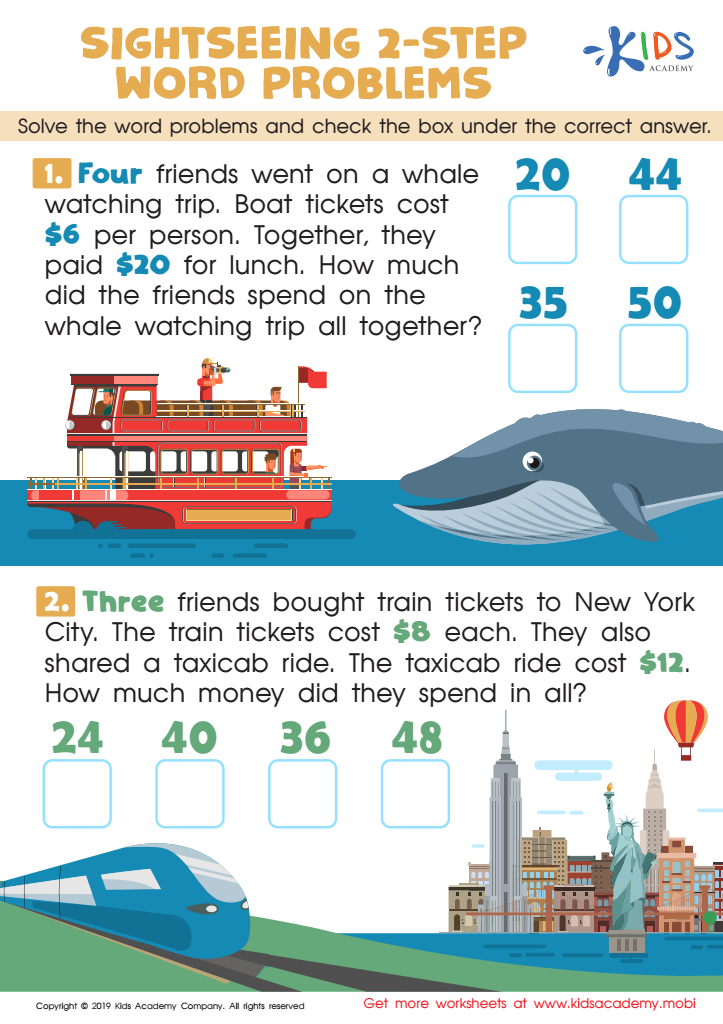

Sightseeing 2-Step Word Problems Worksheet
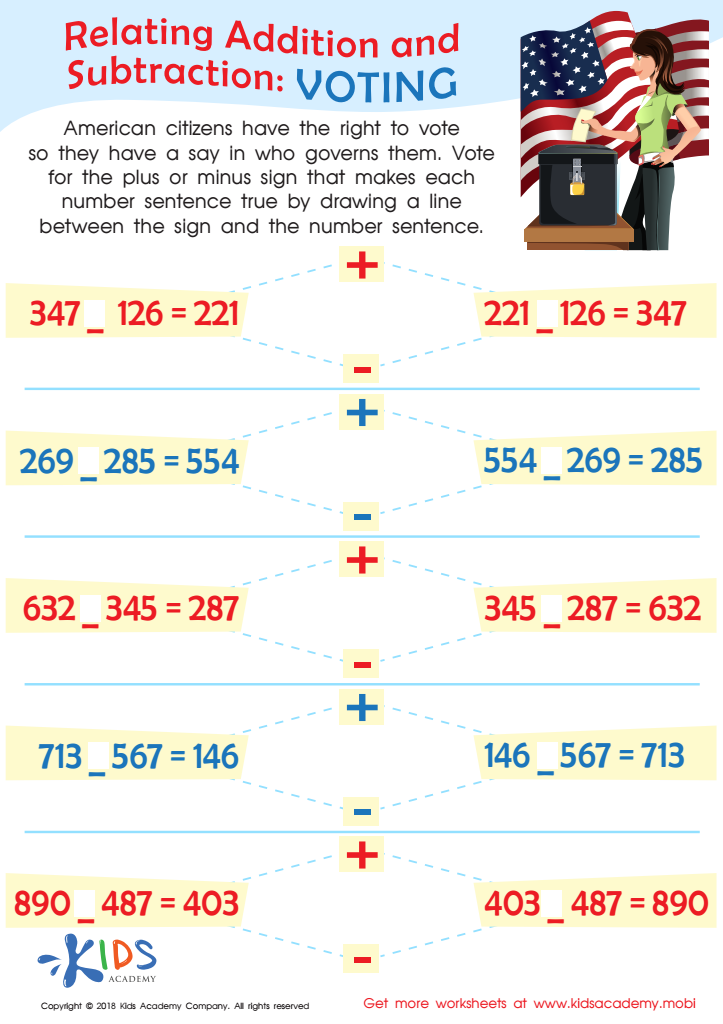

Voting Worksheet


Enrichment -2 Step Word Problems Worksheet


Tricky Problems Worksheet: Part 2
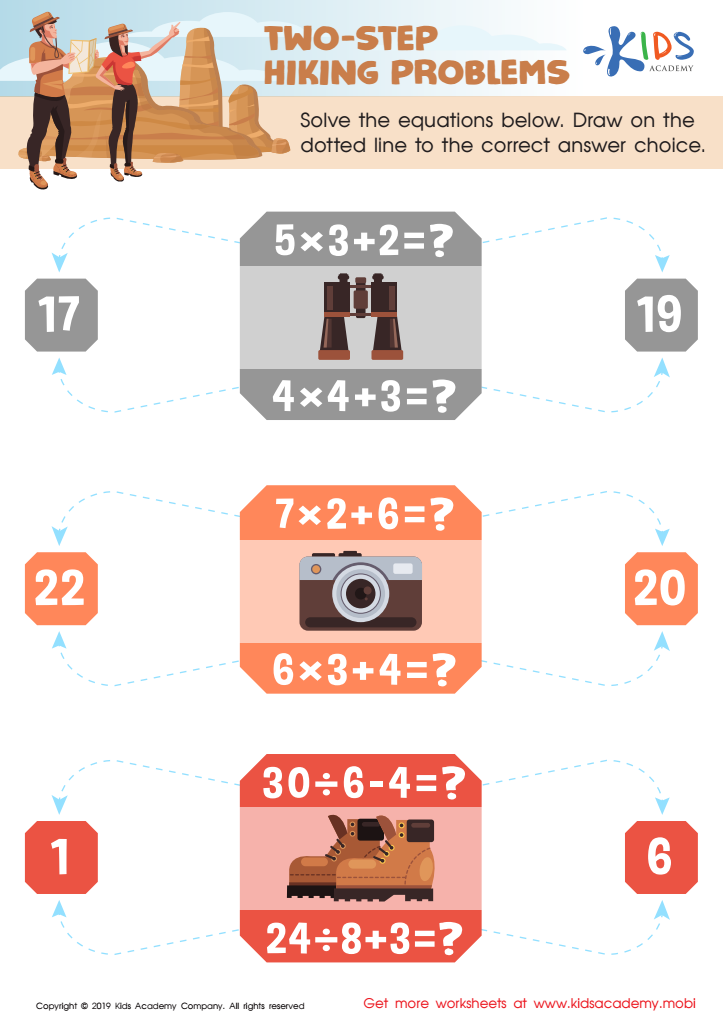

Two-Step Hiking Problems Worksheet
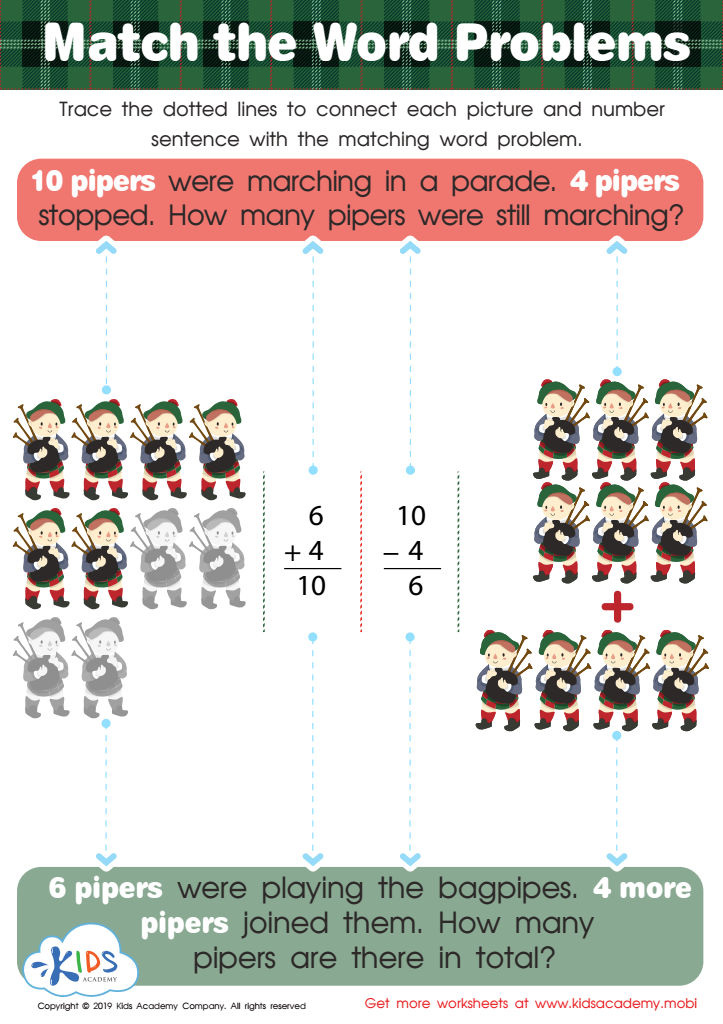

Match the Word Problems Worksheet
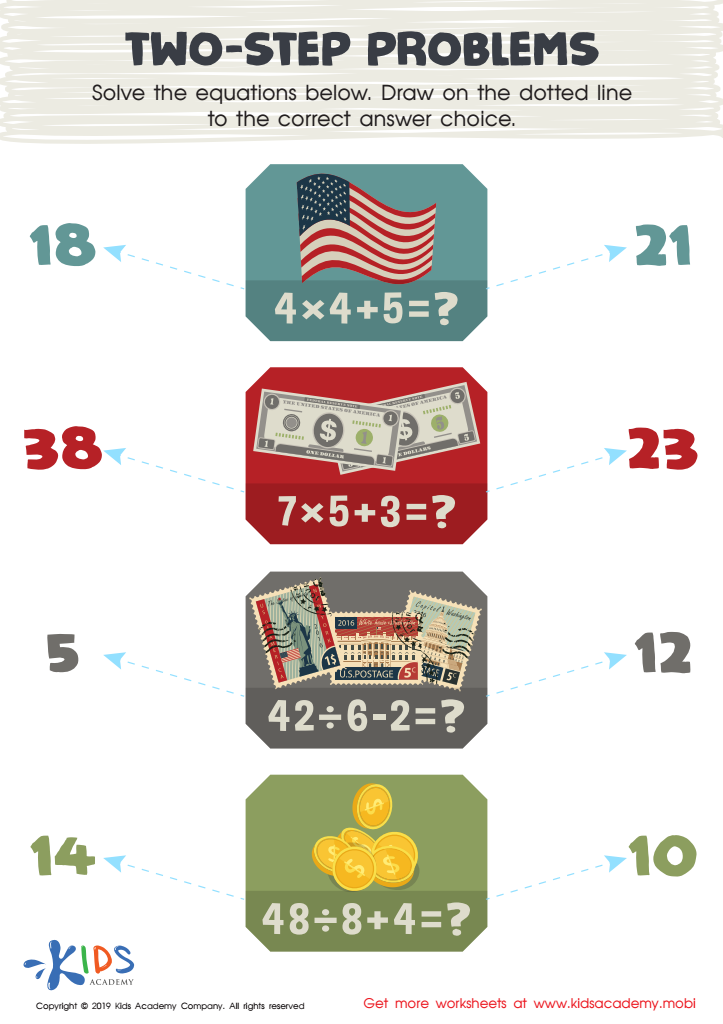

Two-Step Problems Worksheet
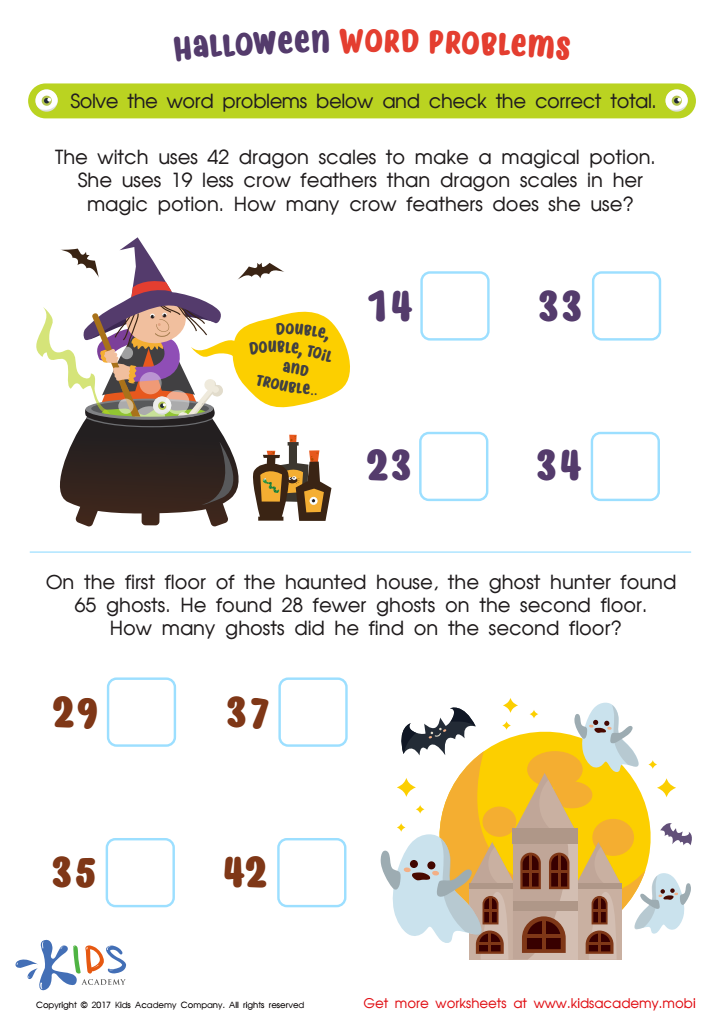

Halloween Word Problems Printable
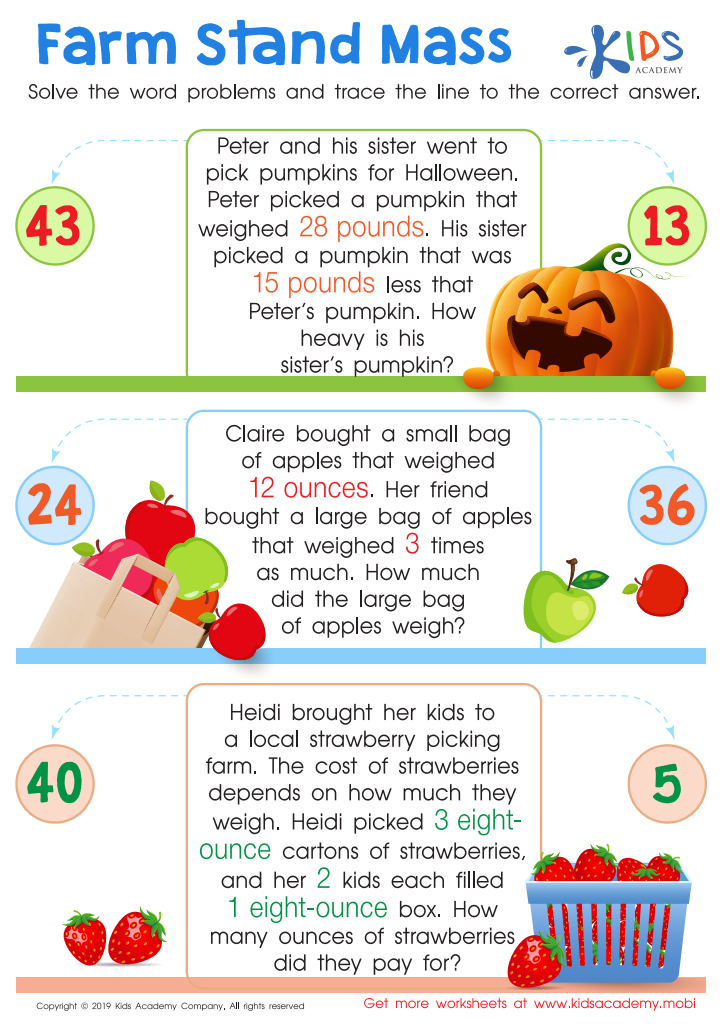

Farm Stand Mass Worksheet
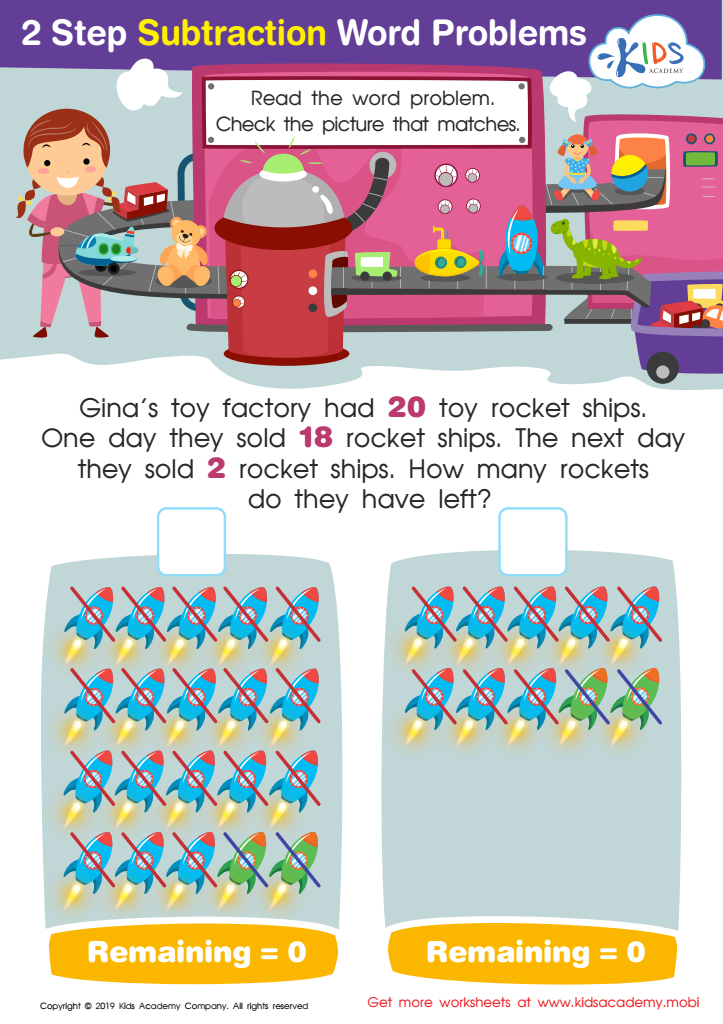

Step Subtraction Word Problems Worksheet
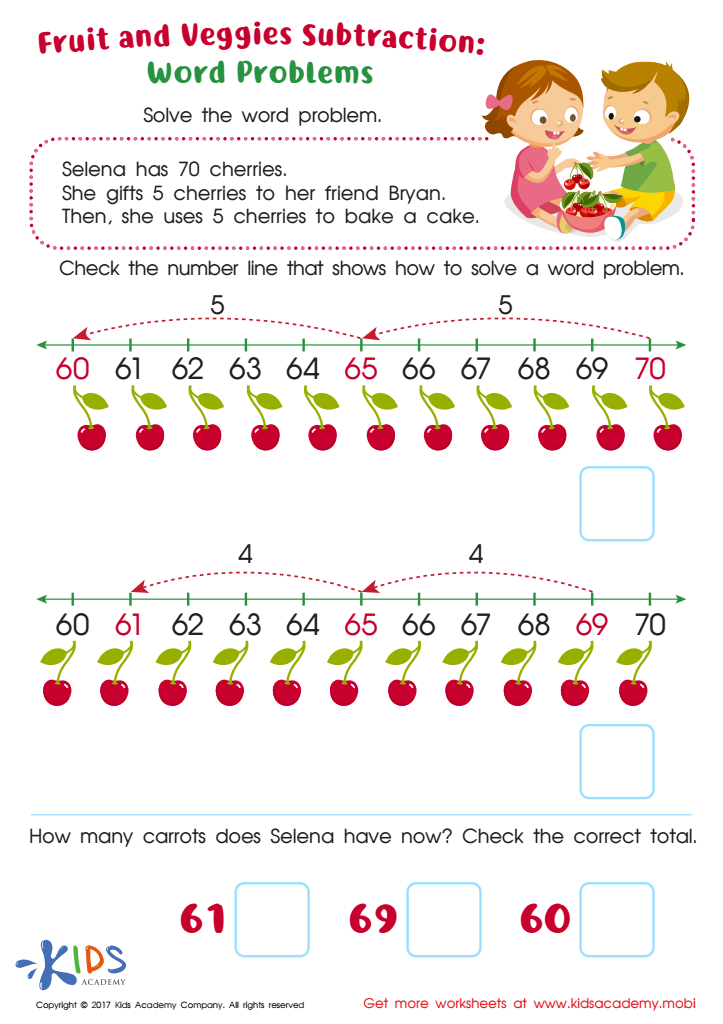

Subtraction Word Problems Free Printable
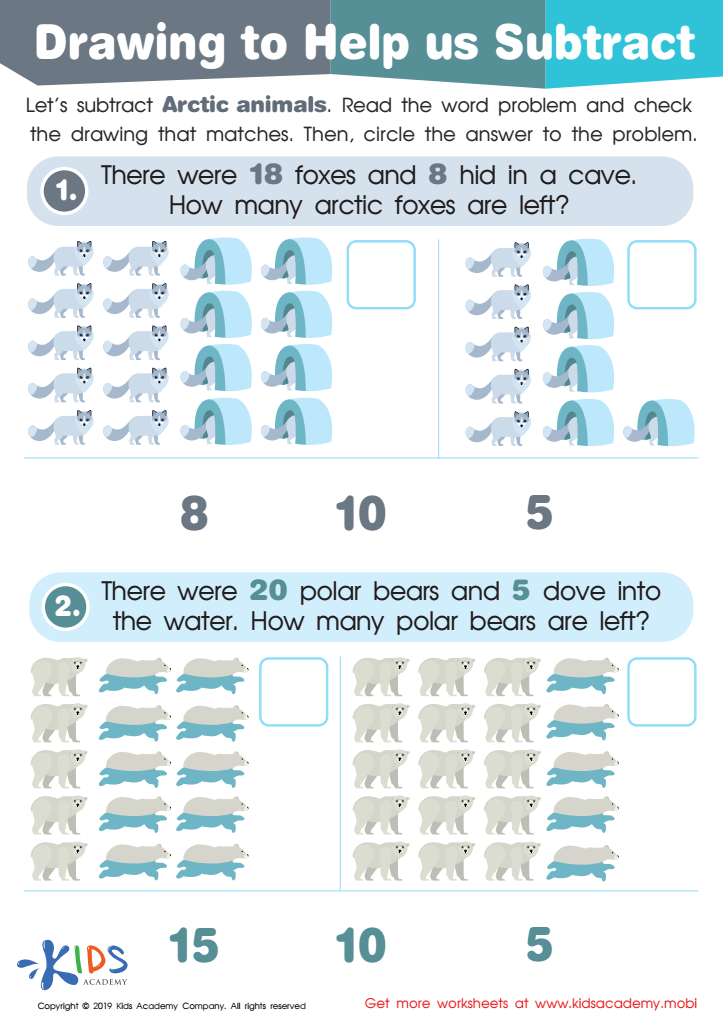

Drawing to Help Us Subtract Worksheet


Word Problems: Assessment 2 Worksheet


Addition and Subtraction: Word Problems Worksheet
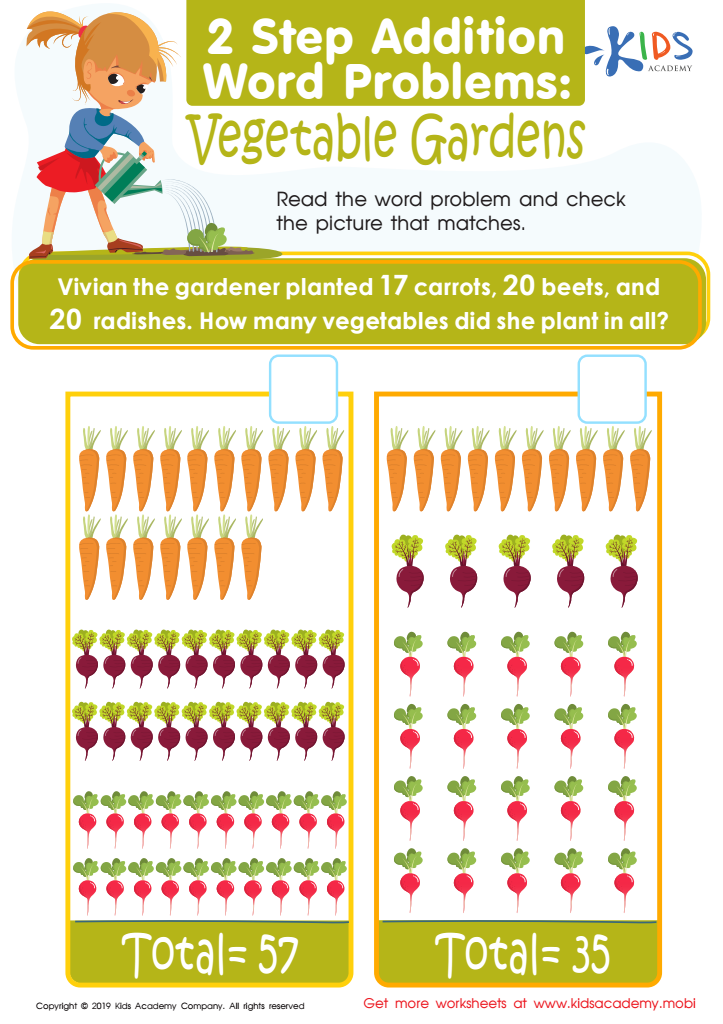

Vegetable Gardens Worksheet
Parents and teachers should actively nurture problem-solving skills in addition and subtraction for 9-year-olds because these skills form a crucial foundation for future academic success and everyday life. At this age, children are transitioning from basic arithmetic to more complex mathematical concepts. Mastery of addition and subtraction is essential for understanding multiplication, division, fractions, and eventually higher-level math subjects such as algebra and geometry.
Developing strong problem-solving skills in this domain enhances a child’s cognitive abilities, including logical reasoning, critical thinking, and pattern recognition. These skills are transferable to other subjects and real-life situations, fostering a well-rounded intellectual development. Additionally, problem-solving helps to build confidence. Children who are proficient in tackling mathematical problems are less likely to experience math anxiety and more likely to approach challenges with a positive attitude.
Moreover, everyday tasks such as budgeting pocket money, cooking, or even playing games involve basic arithmetic. Children equipped with these skills can make decisions more independently and accurately. Ultimately, fostering problem-solving abilities in addition and subtraction not only supports academic achievement but also empowers children with essential life skills that will benefit them well beyond the classroom. This holistic growth sets the stage for lifelong learning and adaptability.
 Assign to My Students
Assign to My Students




















